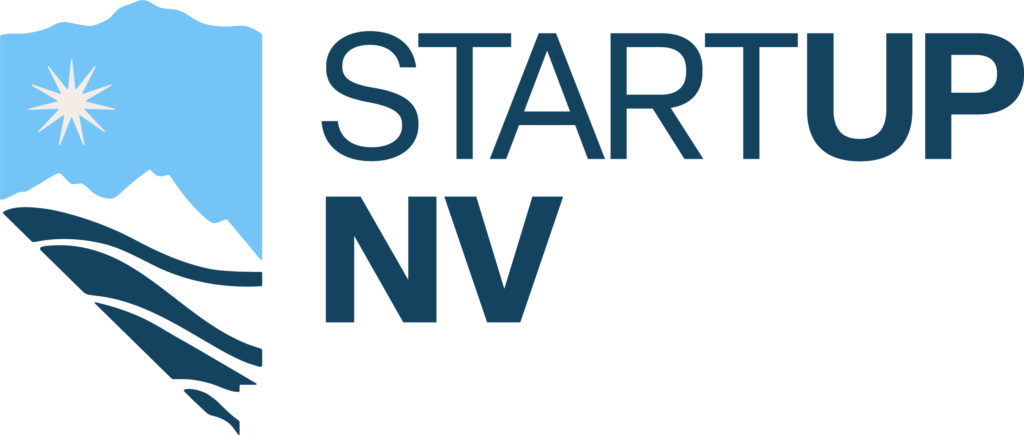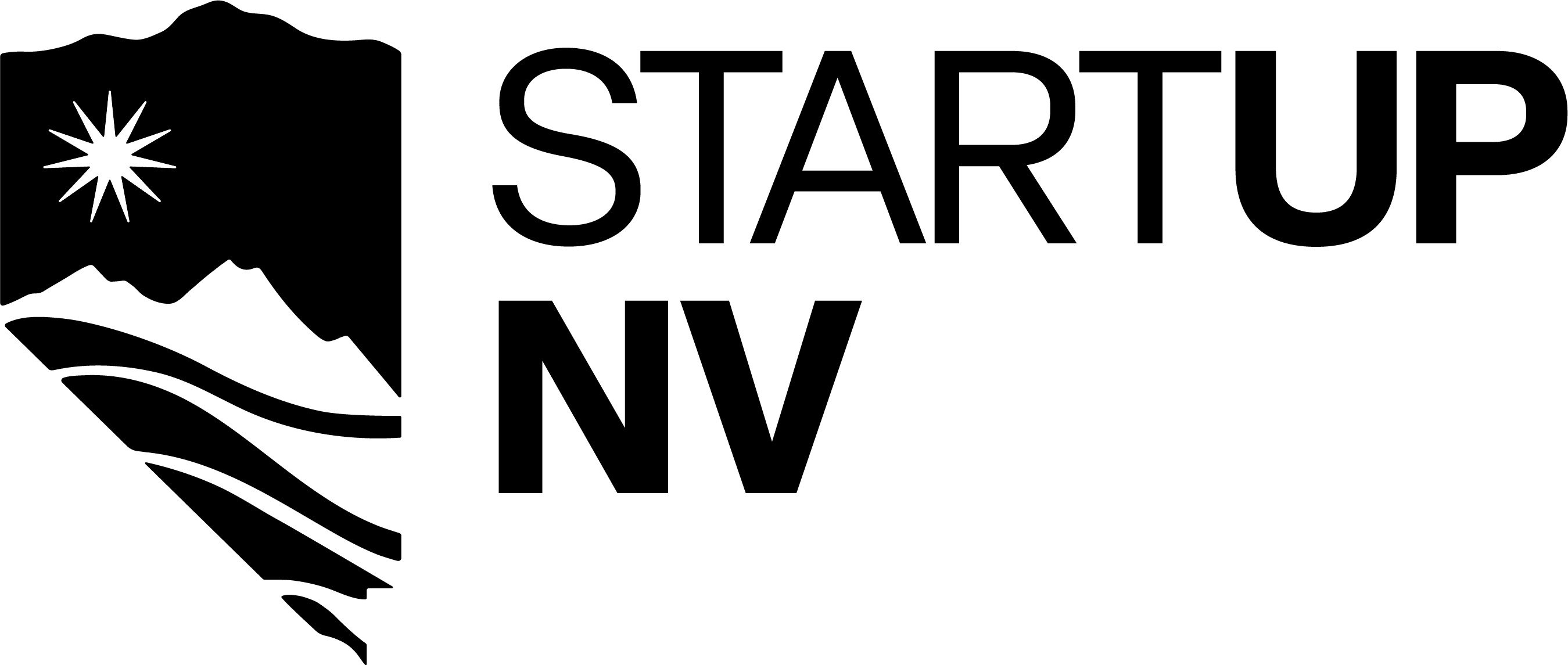Understand Investor Expectations: A Pre-Seed Due Diligence Checklist for Founders
Understand Investor Expectations: A Pre-Seed Due Diligence Checklist for Founders
The pre-seed funding stage occurs when startups seek initial outside capital to develop their business ideas, build prototypes, or scale their business. It’s a pivotal moment in a startup’s development and one that sets the stage for seed-stage funding. Companies that seek pre-seed funding need to give investors the means to provide an evaluation that doesn’t waste time and makes the company’s core value shine through.
In truth, the due diligence process goes both ways in pre seed funding. While investors will research the startups best suited to their interests, startups can tailor their pitch decks to better align with these investors’ expectations through research, and can determine more about alignment of the investors and their investment thesis. By doing so, startups gain a better chance of securing needed finances across every stage of the funding lifecycle.
The Pre-Seed Funding Due Diligence Checklist
1. Know the Investment Criteria
Startups must speak to the overarching theme and the specific investment criteria (thesis) established by the angel group. Investors often have non-negotiable criteria, and startups that don’t meet these requirements will be cut, often without any feedback as to why.
Founders must understand and align their venture with the expectations of the investor group before they proceed. Lack of alignment jeopardizes the chances of consideration, and it diminishes the opportunity for reconsideration.
- Thoroughly research and understand the specific investment criteria.
- Align the startup with the expectations of the angel group or investor.
- Prioritize compatibility before proceeding with the application.
2. Highlight Venture Investability
While all investor groups have different pre-seed funding criteria, they tend to seek ventures that exhibit the potential for substantial returns, typically between 20-50 times the initial investment within 8-10 years.
As such, it’s good to emphasize the potential for “big wins” in the pitch. As a general rule, startups should avoid niches that may not have sufficient market size or face saturation with trendy, short-lived ventures. They should promote the venture as a hot item with big potential for long-term gains.
- Emphasize scalability and the potential for significant returns.
- Be mindful of market dynamics and trends in specific niches.
- Align the stated business model with the investor’s appetite for exponential growth.
3. Get Busy Networking
Proactive engagement with the investment group can impact a startup’s chances. Founders should reach out to publicly listed members of the selection committee to establish early contact and gain insights into what attributes should be pushed in pitch deck messaging. In-person contact is ideal to connect faces with names, but online communication and general company research can yield great results.
- Actively engage with the chosen investment group.
- Establish early contact with publicly listed members of the selection committee.
- Gain insights into the preferences and focus areas of the investor group through strategic networking.
4. Include Business Mechanics
Investors value startups with a defensible position in the market—often referred to as a “moat” that shields the company from easy duplication. Founders should focus on strategies that position their company to dominate the market quickly or possess high switching costs and network effects that solidify their role as a market leader.
- Develop strategies to establish a defensible position in the market.
- Emphasize the importance of existing moats to protect against easy duplication.
- Demonstrate a clear path to market dominance or the creation of high switching costs and network effects.
5. Get the Valuation Right
Getting the valuation right will have a significant impact on the chance to secure funding. Founders should work closely with advisors, utilize valuation methodologies, and avoid common pitfalls of over or undervaluation. A well-calibrated valuation instills confidence of investors and positions the startup for success in subsequent funding rounds.
- Collaborate with advisors to determine an accurate valuation.
- Utilize valuation methodologies and don’t shoot in the dark.
- Strive for a well-calibrated and realistic valuation that inspires investor confidence.
- Check out StartUpNV’s Valuation Calculator.
Preparation Improves the Odds of Securing Pre Seed Funding
While this checklist provides a fairly comprehensive guide for startup founders who navigate pre-seed funding, note that each funding journey is unique. Founders may benefit from additional guidance tailored to their specific circumstances.
They should seek mentorship, engage with industry experts, and leverage networking opportunities to supplement the checklist and enhance the overall approach. After all, what is pre seed funding due diligence if not the perfect opportunity to hammer out problems before the company kicks off?
Understand Investor Expectations: A Pre-Seed Due Diligence Checklist for Founders Read More »









